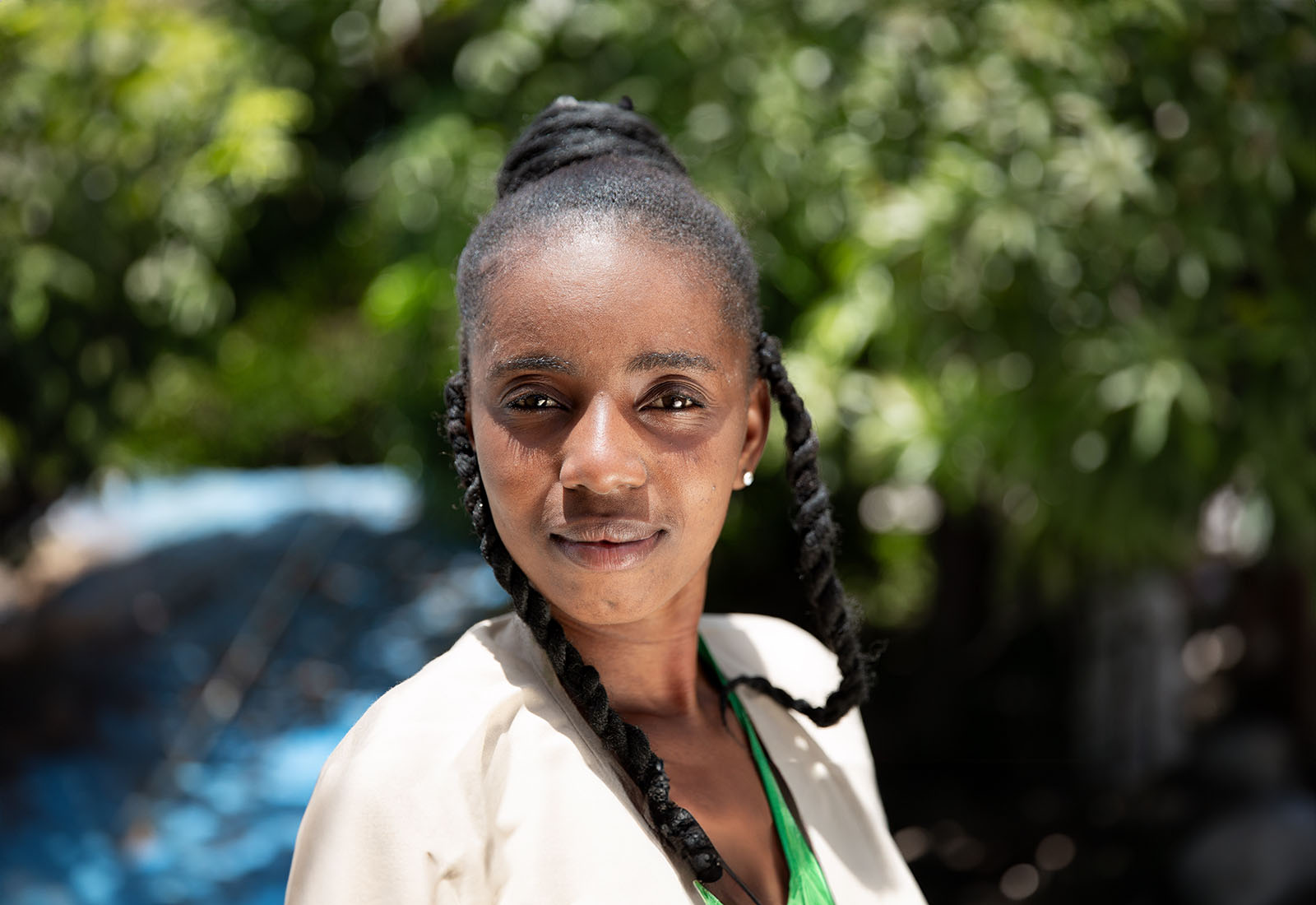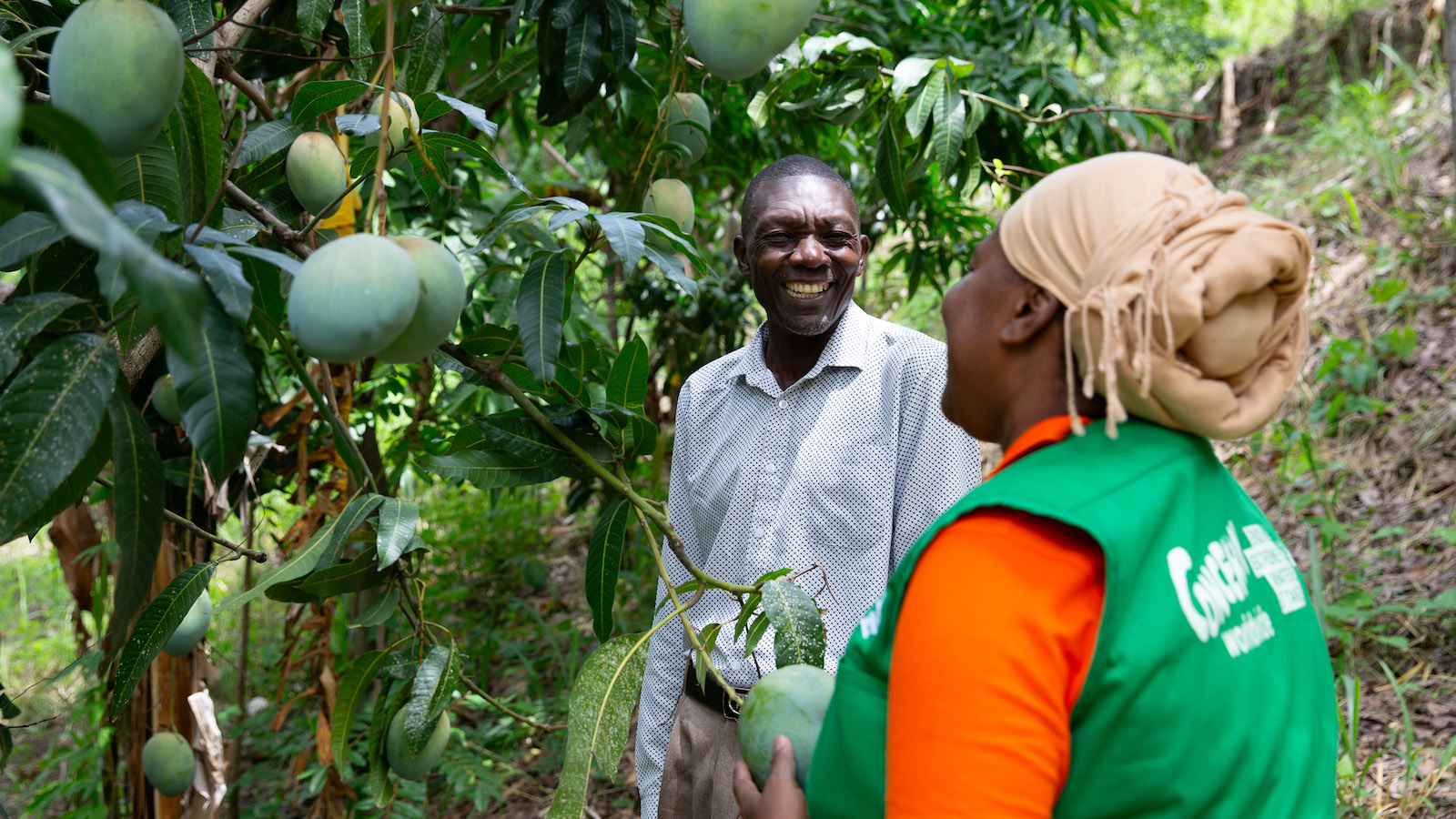Despite the violence and economic deprivation that surrounds them, a group of young people from some of Haiti's most challenged neighborhoods are planning and organizing for a better future. Their bravery and determination is extraordinary.
A risky business
Every Saturday for the past couple of years – all being well – a diverse group of young people has been gathering in the top floor meeting room of the Concern building in Port-au-Prince to debate and discuss important issues and draw up plans for action. The caveat is that all is often not well in the Haitian capital, so even reaching the Concern compound safely can be a fraught experience. Recently the group has been using alternative locations for their meetings.
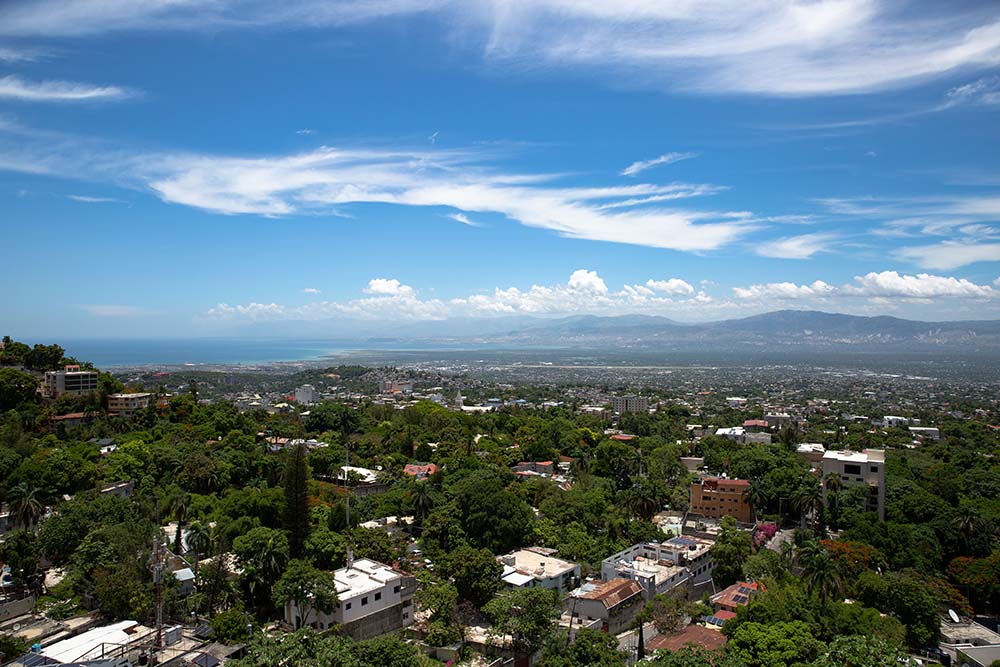
The common bond for these young people here is that they live in some of the most city’s most notorious informal urban settlements (aka slums.) Places like Bel Air, Saint Martin, and Cité Soleil, which has become ground zero for much of the violence that has riven Haitian society in recent times. It is divided up among various armed groups, who jealously protect their territory using checkpoints and no-go zones. Strangers are not welcome.
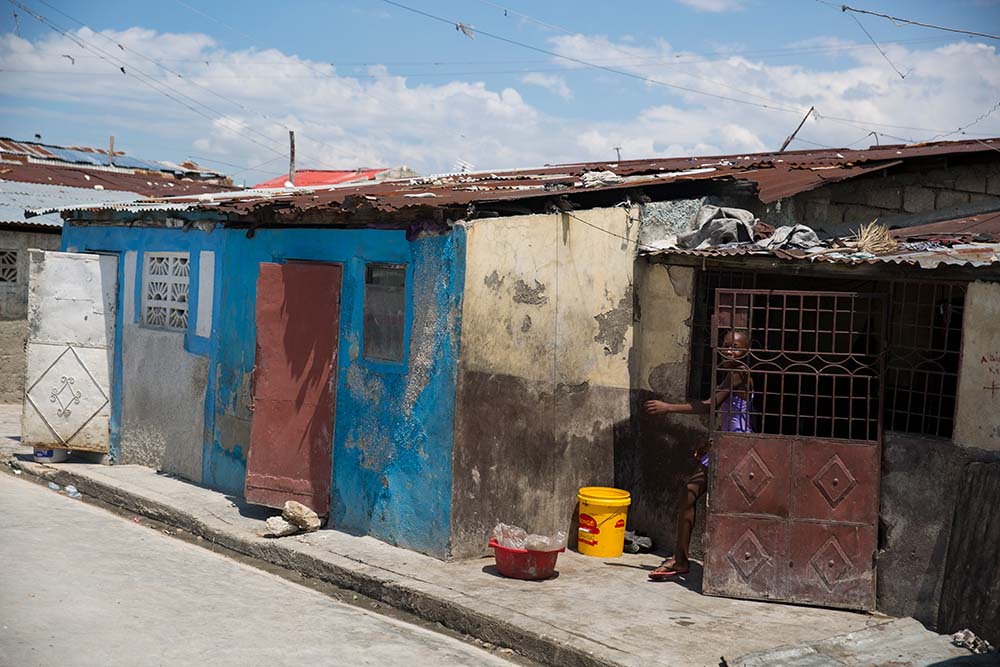
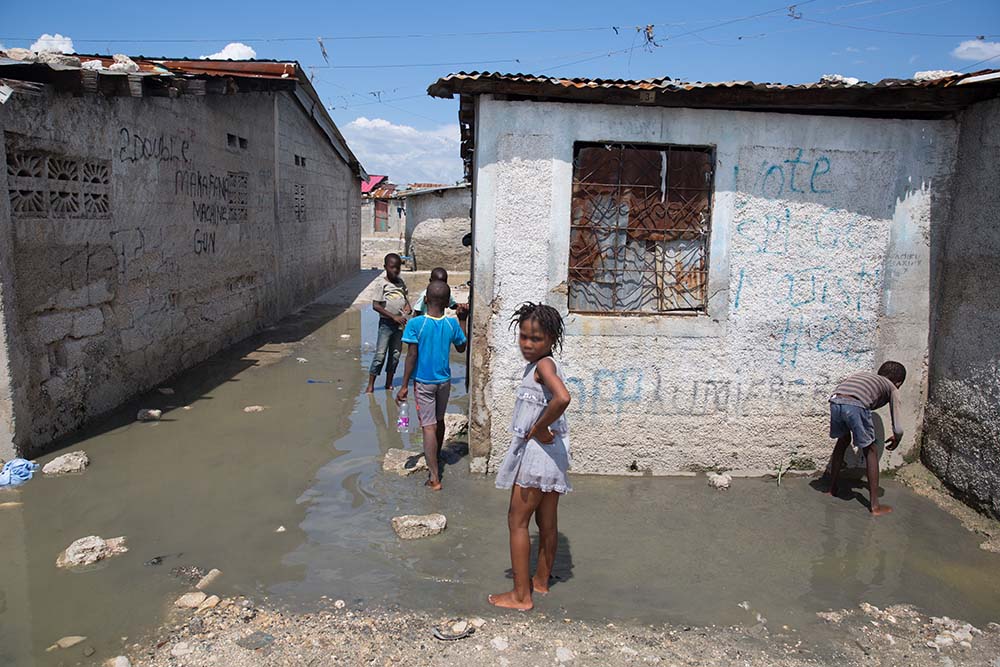
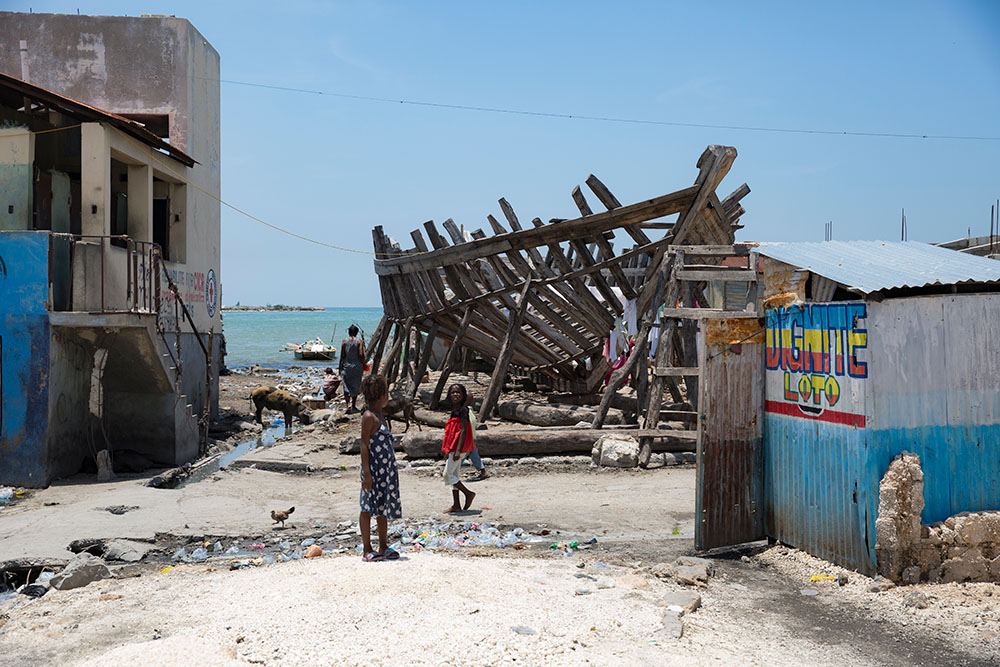
Influencers
The Comité Consultatif Jeunes (Youth Consultative Committee) was originally formed as part of a Concern Worldwide initiative designed to spark discussion and promote peacebuilding. It has since taken on a life of its own, as those involved grow in confidence and develop their network. They are influencers of the most important kind.
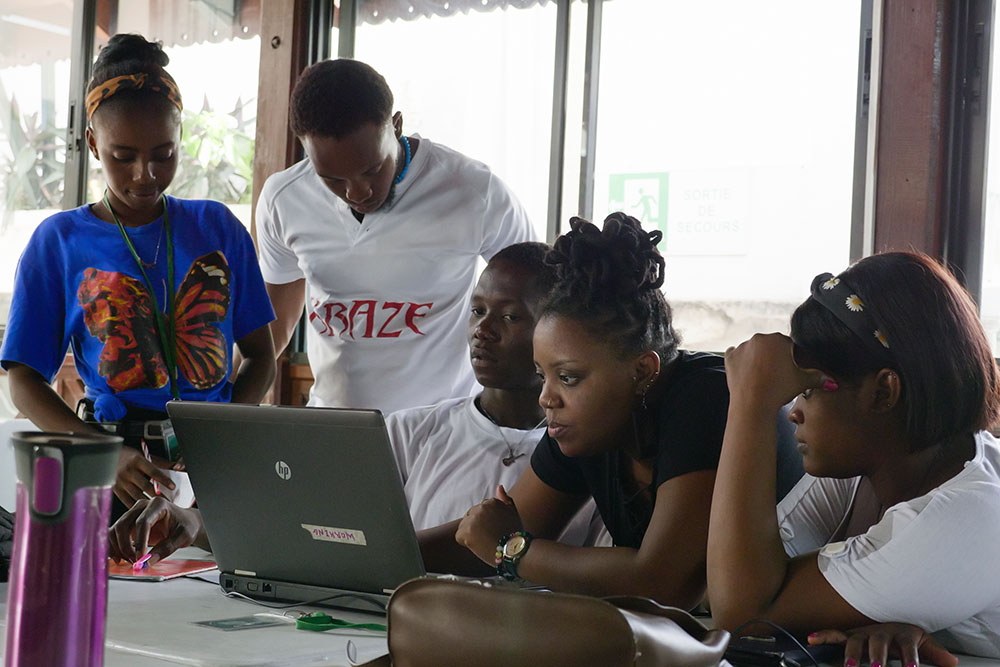
The basic idea is to mobilize young people across the metropolitan area to claim their place in community and national dialogue as decisions are made about their future. Duval Dormeus explains “We do this through group activities, getting young people together from neighborhoods which are controlled by different gangs to discuss the challenges they face and their hopes for the future.”
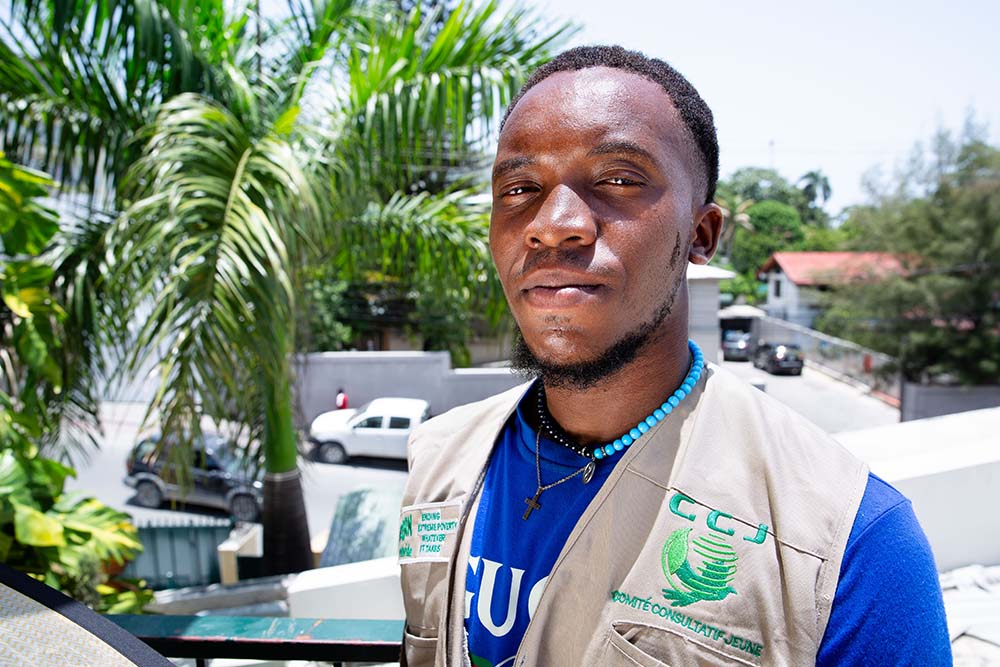
Life for those living in slums can be precarious precarious. The dwellings are of poor quality and the land is marginal, often subject to flooding. Garbage and sewage from neighborhoods higher up the hillside often wash down and overwhelm the drainage infrastructure. Basic services like running water, waste disposal, and electricity are almost non-existent and violence is a constant.
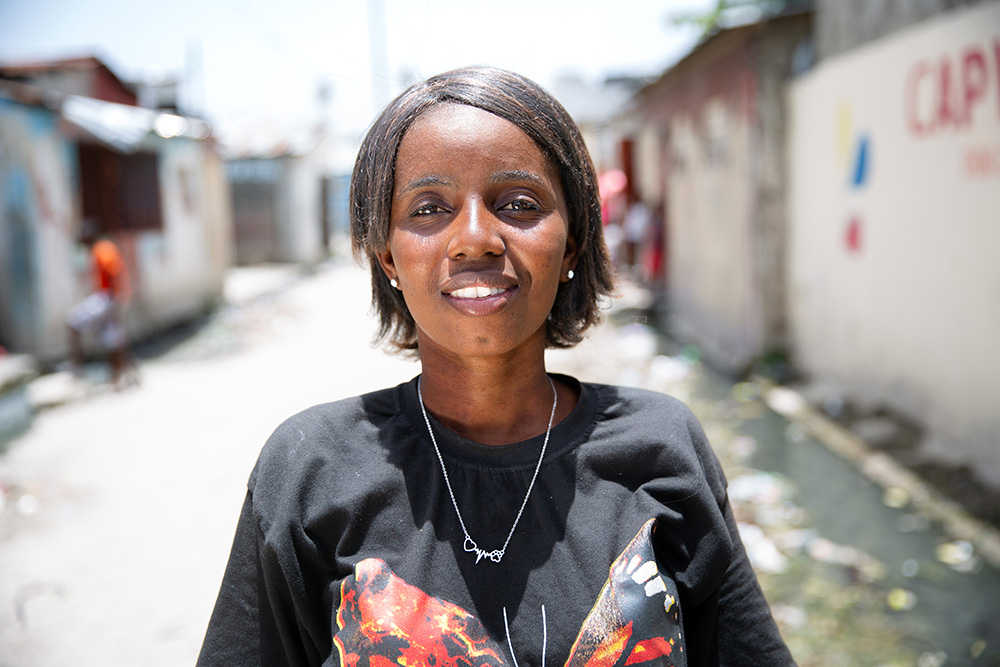
Focus on the good
Concern's Beatrice Armada has been working closely with the group and says she's been blown away by their dynamism. "The CCJ is creating some really innovative spaces at both the community and institutional levels where youth can participate in governance and access the power to influence their own lives. They have developed various online and community platforms, including dialogues, podcasts, articles, documentaries, photography, and social media, to amplify youth voices, share their stories, and highlight how the conflict affects them."
The CCJ has its own website, and regularly produces videos that spread the message of youth empowerment through music and the spoken word. Florgera Dussaf Etienne is a singer and activist who works as a schoolteacher in Cité Soleil. “All the bad things people say about it are not necessarily true,” she says. “There are lots of good things and skilled young people in Cité Soleil. But we have a lot of problems facing us in this community.”
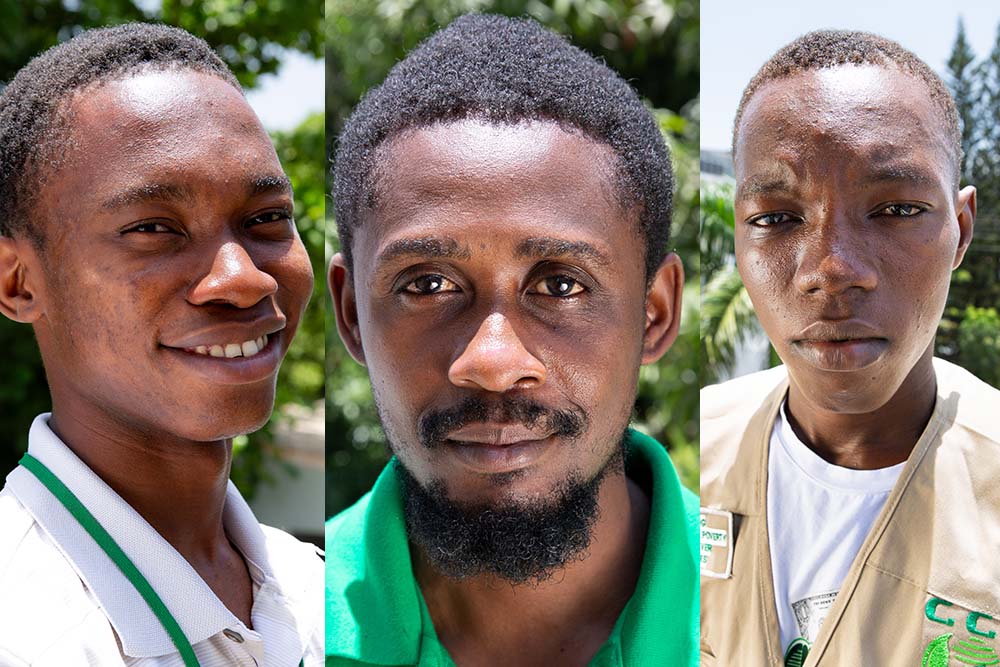
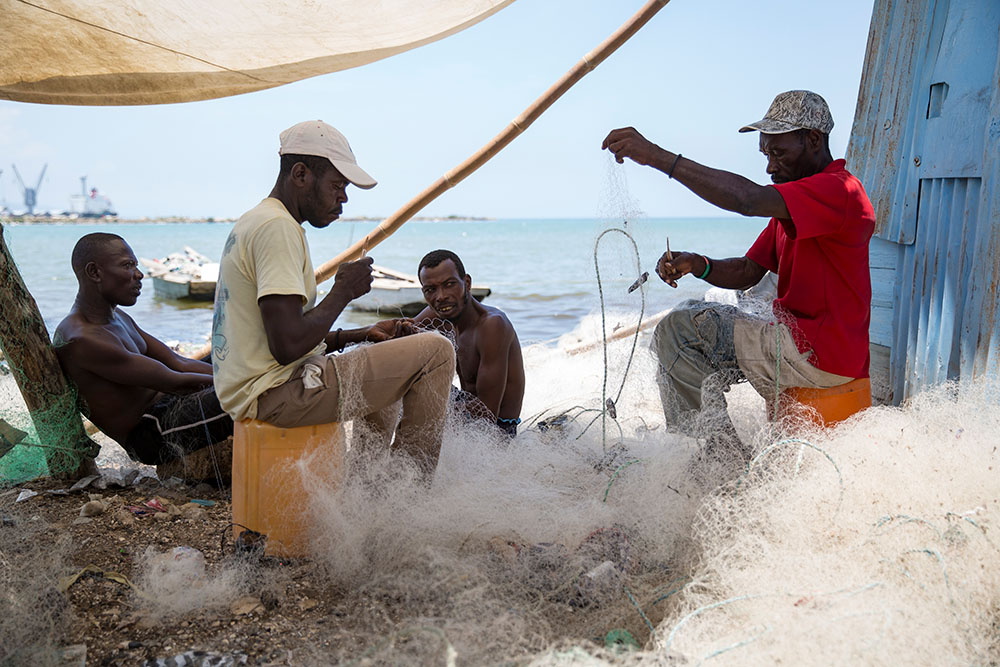
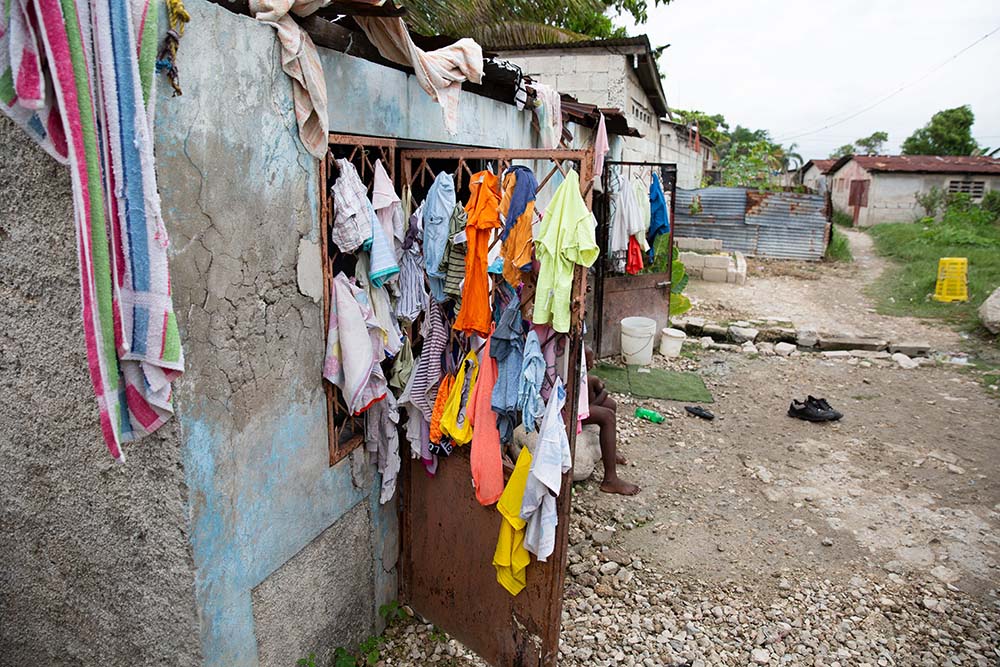
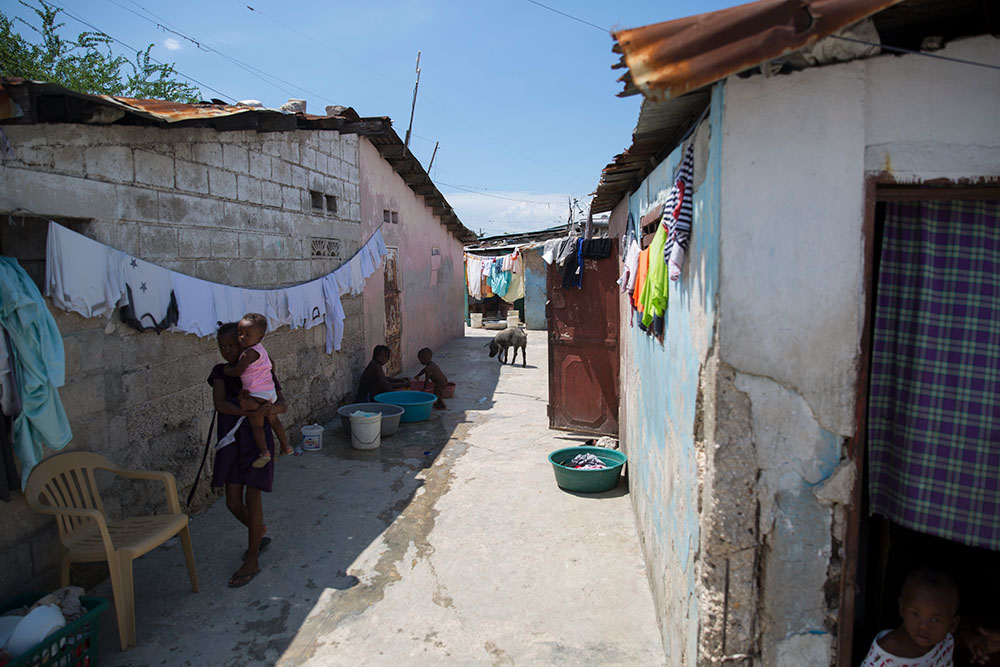
Striving to be heard
Advocacy is an important part of bringing change and the members of the CCJ have been honing their skills and refining their message over the past couple of years. Hence the weekly meetings. “We want people to listen to what we have to say,” explains Gamania Ceide. “We want to bring about change by using our influence.” She herself had an opportunity to advocate at an international level in July of 2023, traveling to Brussels to attend an EU summit on investment and other potential synergies in Latin America and the Caribbean. These opportunities are few and far between, given the funding challenges and the difficulties facing Haitians seeking visas for international travel.
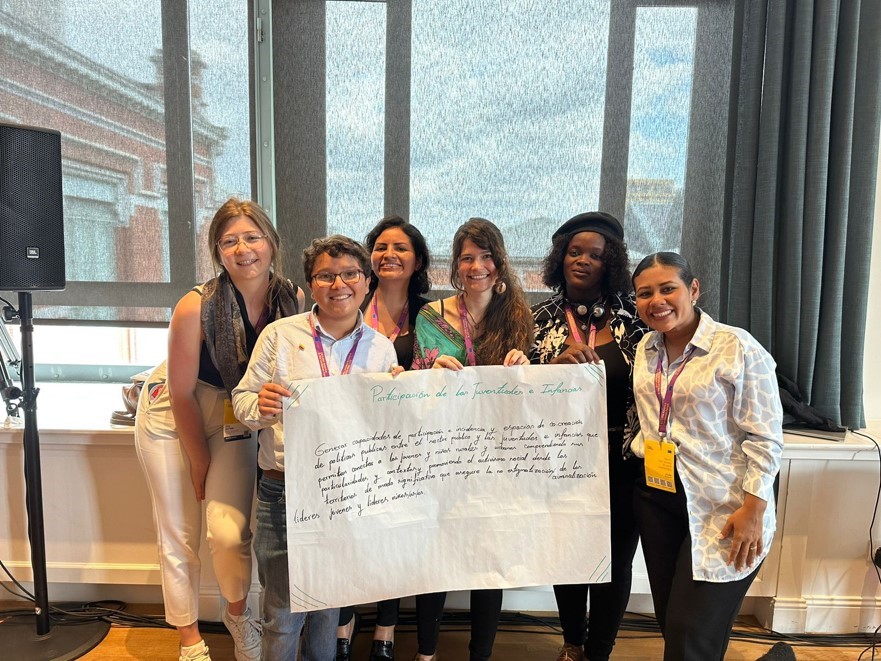
Haiti is undoubtedly going through some of its darkest times. In the first three months of 2024, over 2,500 people were killed or injured as a result of violence in Haiti. The political landscape is shambolic, the economy is on a knife’s edge, and hunger stalks a land that should be self-sufficient in food production. Duval Dormeus summed up his feelings in an interview earlier this year. “Everything that is happening in front of me makes me tired. I want to find refuge somewhere, but I cannot hide as I need to resist. My breath is exhausted, and our tears, the tears of young people, are dry. I’ve seen too much for someone of my age. My head is spinning, but my brain will not stop thinking, so I continue to fight.”
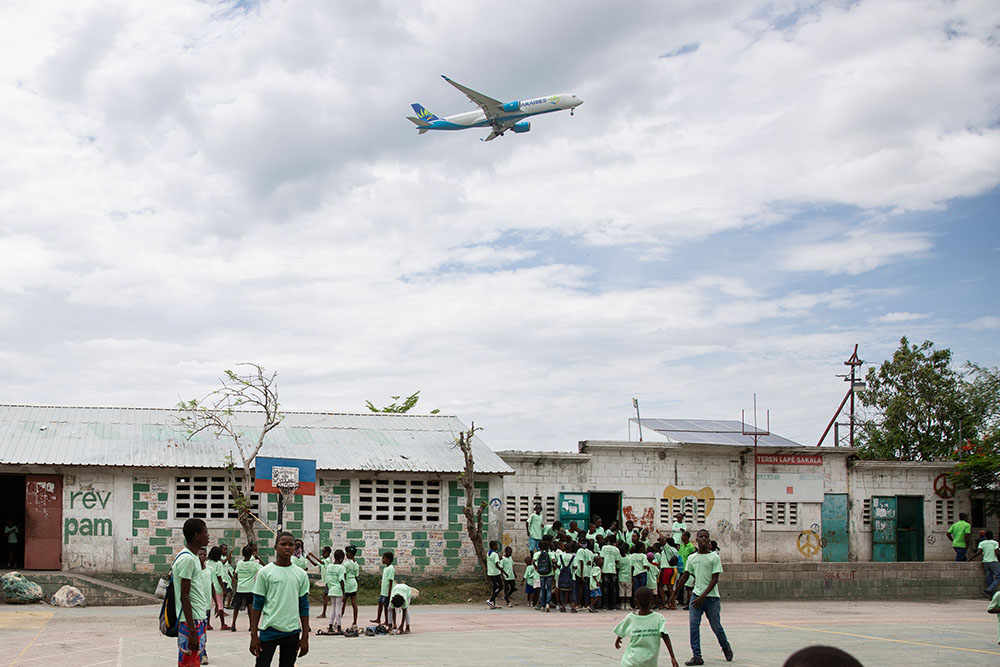
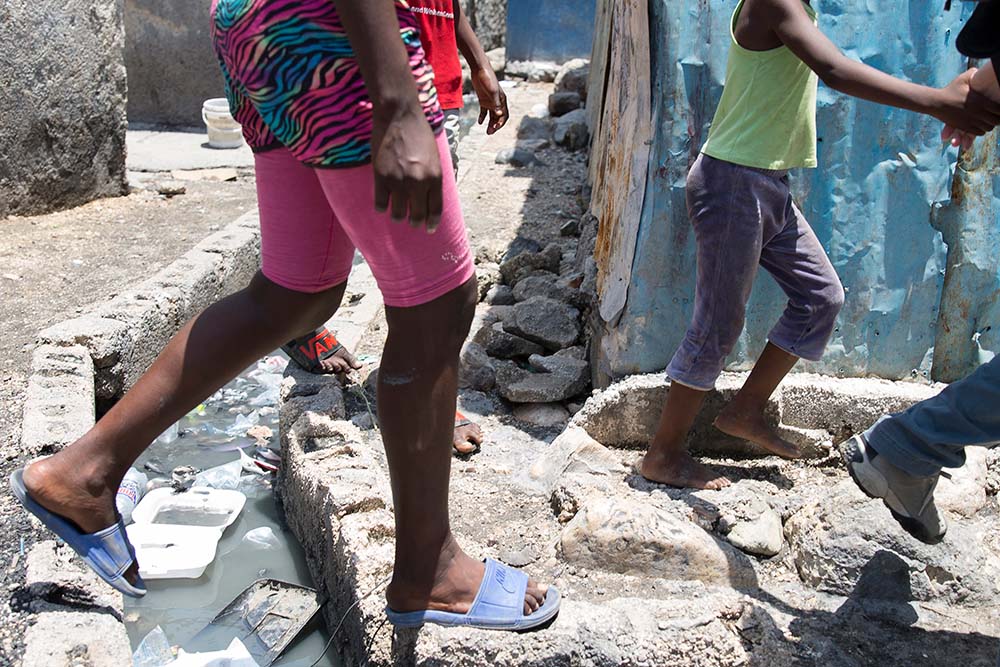
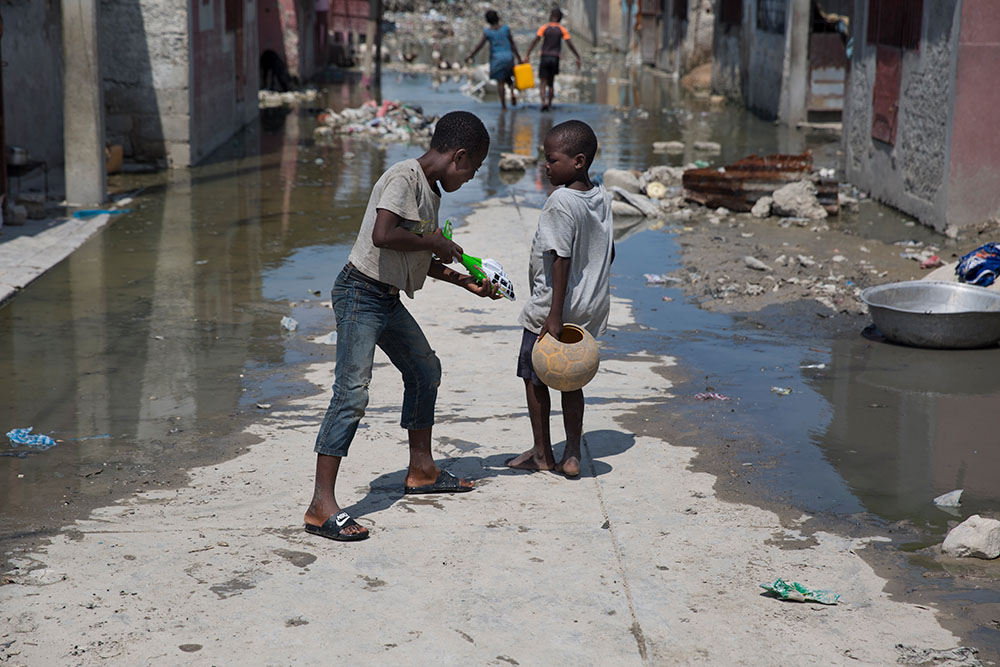
Eyes on the prize
Beatrice Armada says it's been a privilege for her and the Concern team to work alongside the members of the committee. "By fighting stigmatization and promoting a positive image of their communities, which have long been associated only with conflict, the CCJ is helping to change perceptions and demonstrate the strengths and possibilities within these areas."
The bravery and determination of the young people living in the slums of Port-au-Prince is a beacon of hope for those Haitians who have already suffered too much and who worry for the future of their country. The words of 18th century Irish philosopher Edmund Burke have never been more relevant. He wrote "When bad men combine, the good must associate; else they will fall, one by one, an unpitied sacrifice in a contemptible struggle." The Comité Consultatif Jeunes is setting the standard for the recovery and eventual success of Haiti as a nation.
The Comité Consultatif Jeunes has been assisted by Concern Worldwide with the support of the UN Peacebuilding Fund.

